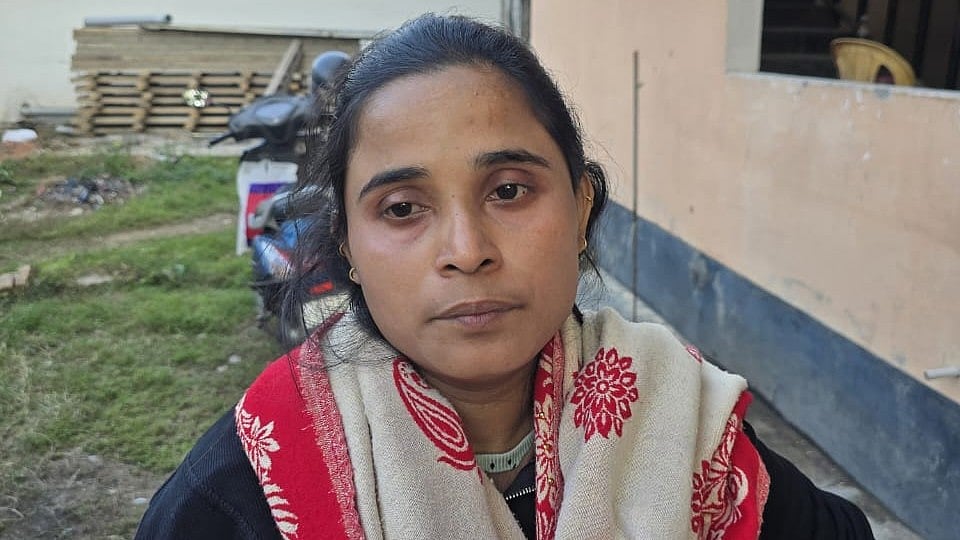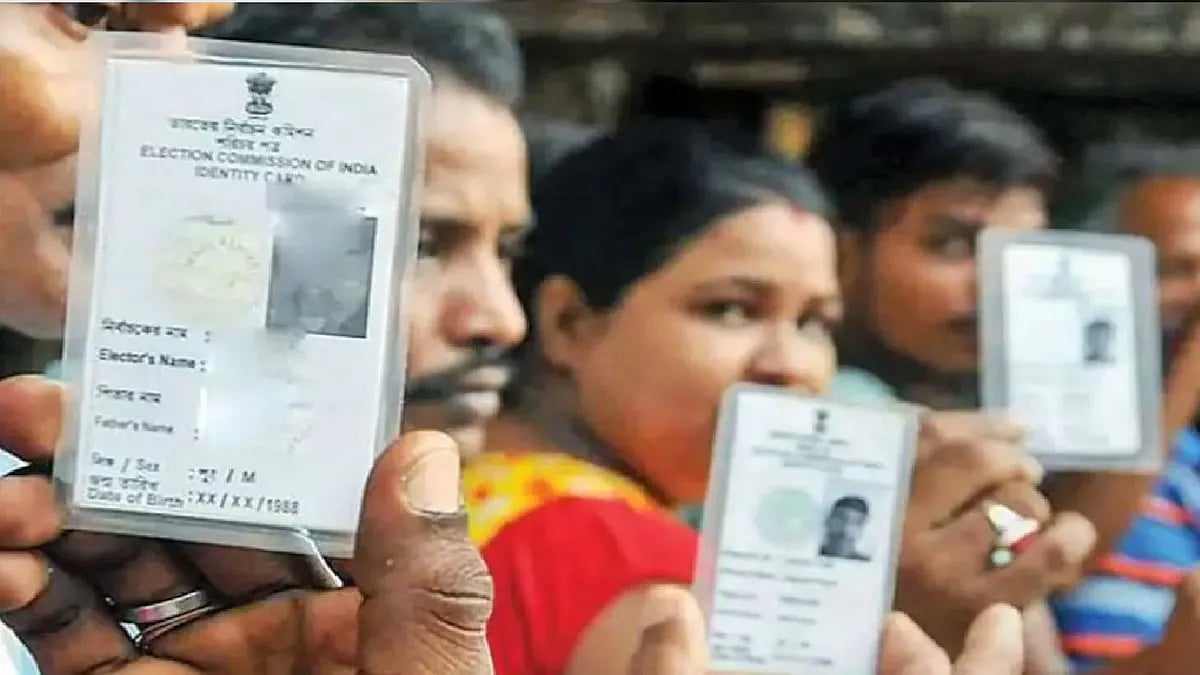Mumbai: Nutritious and safe diets support good health, prevent illness and premature death. Food and various diets regularly grab news headlines, and consumers try to adjust in between sound scientific information, celebrity endorsement and marketing trends with their own eating habits, locally available foods and availability. Covid-19 is a no different time. With the growing advertisement of ‘immunity boosting’ food commodities, people are desperate to enhance their immunity at any cost. But, immunity-boosting is no single day affair. Strong immunity is the consolidated product of long term healthy eating, physical activity and sound mental health.
Dual burden
Dr Subashree Ray, clinical and public health nutritionist said the growing illness and fatality among the global population from Covid-19 projects risk of pre-existing conditions due to unhealthy diets. Dual burden of malnutrition consists of both lack of healthy nutrients and state of overnutrition, obesity and obesity-induced comorbid conditions.
“These comorbidities can be physical or mental. Widely experienced comorbidities are when a person is living with diabetes, hypertension, bronchitis, asthma, high cholesterol, anxiety, stress and depression. Emerging evidence suggests that people with pre-existing, diet-related conditions such as severe obesity, heart disease and diabetes are suffering more serious consequences from Covid-19, including more severe illness and a greater need for intensive health care, such as respirators. They are more vulnerable to fatalities as well,” she said.
According to the 2017 Global Burden of Disease report, various comorbid conditions were the top five risks of disability and death. More than 2 billion people are overweight or obese, with over 70 per cent of them in low- and middle-income countries like India.
Malnutrition or lack of essential nutrients also severely compromises immune systems, increasing chances of getting ill, delay in recovery and dying because of illness. Globally, over 2 billion people are affected by micronutrient deficiency which is also known as ‘hidden hunger’. As the name implies, micronutrients are a group of vitamins and minerals which are needed in micro quantities but are of immense importance in lowering the increased risk of morbidity and mortality. Most common micronutrient deficiencies are reported with iron, iodine, folate, Vitamin A, Vitamin D and zinc.
What can be done?
Nutrition assessment is the first step to correct nutritional status. A regular nutritional assessment provides an insight on overnutrition or undernutrition status followed by adopting a long term nutritional plan to address the existing condition. For example, monitoring Body Mass Index (BMI) and maintaining a normal BMI is crucial to prevent obesity or undernourished status. Annual health checkup is must to know the level of vitamins and minerals in our body. A long term, balanced diet with an adequate calorie diet containing 5 food groups – high fibre grains, fruits and vegetables, pulses, milk and milk products and fats & oils can prevent the dual burden of malnutrition. Reduction of fast, processed and fried foods from daily diet is crucial too. Certain empty calorie foods like refined sugar, cold drinks, refined wheat flour to be consumed as less as possible.
Reading nutrition labels is another important aspect to make the right food choices. Nutrition labels provide information on calories, protein, fats, sugar, total carbohydrates, sodium etc. present in a particular product. Always choose packaged food with 0 cholesterol, 0 trans-fatty acids, low sodium and minimum sugar.
Among all the micronutrients, Vitamin D, however, cannot be obtained from diet alone. In India, the prevalence of Vitamin D deficiency ranges from 70-90 per cent in the general population. Mounting evidence uncovered a possible association between Vitamin D deficiency and COVID 19 complications and mortality. Exposure to the morning sun, low-fat dairy, fortified foods can ensure the desired level. But, often these are not enough. During COVID time, assessment of Vitamin D at regular intervals is recommended, followed by intake of supplements under the supervision of a physician.







